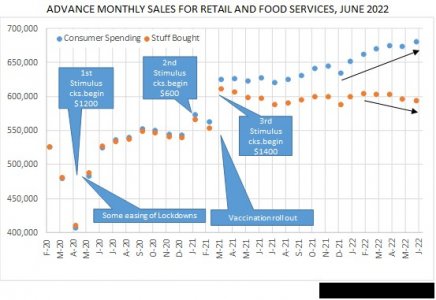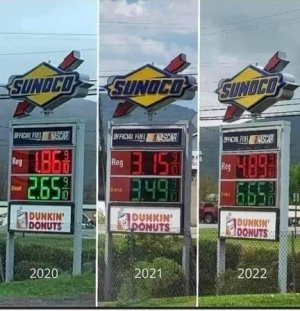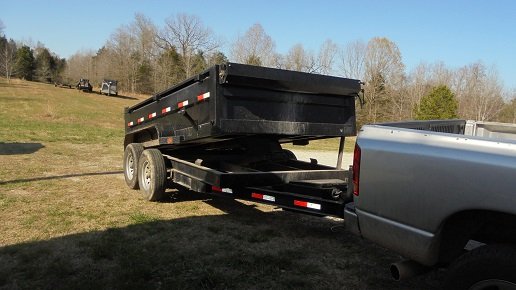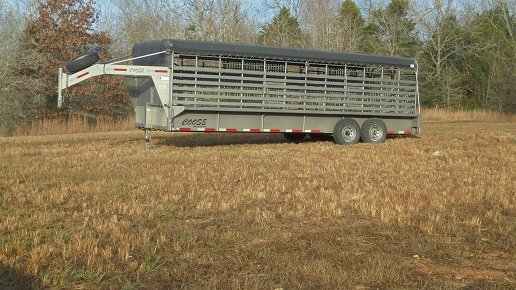Harry Le Hermit
Member
Lemme see if I understand... Walmart is going to cut prices on stuff nobody is buying. When they can cut the price of a TV down to about the cost of a can of beans... I might be tempted to skip a meal.Many shoppers have pulled back on buying clothing and other discretionary items as the highest inflation in four decades pinches their pocketbooks.
That’s left Walmart (WMT) and other retailers stuck with too much clothing and bigger-ticket stuff sitting on their shelves. To help clear out the backlog, Walmart (WMT) is cutting prices on some items and marking down products. https://www.cnn.com/2022/07/25/business/walmart-inflation-prices/index.html
I have noticed many of those large shipping containers at the local Walmart. They weren't there until about a year ago and are still stacked high.









